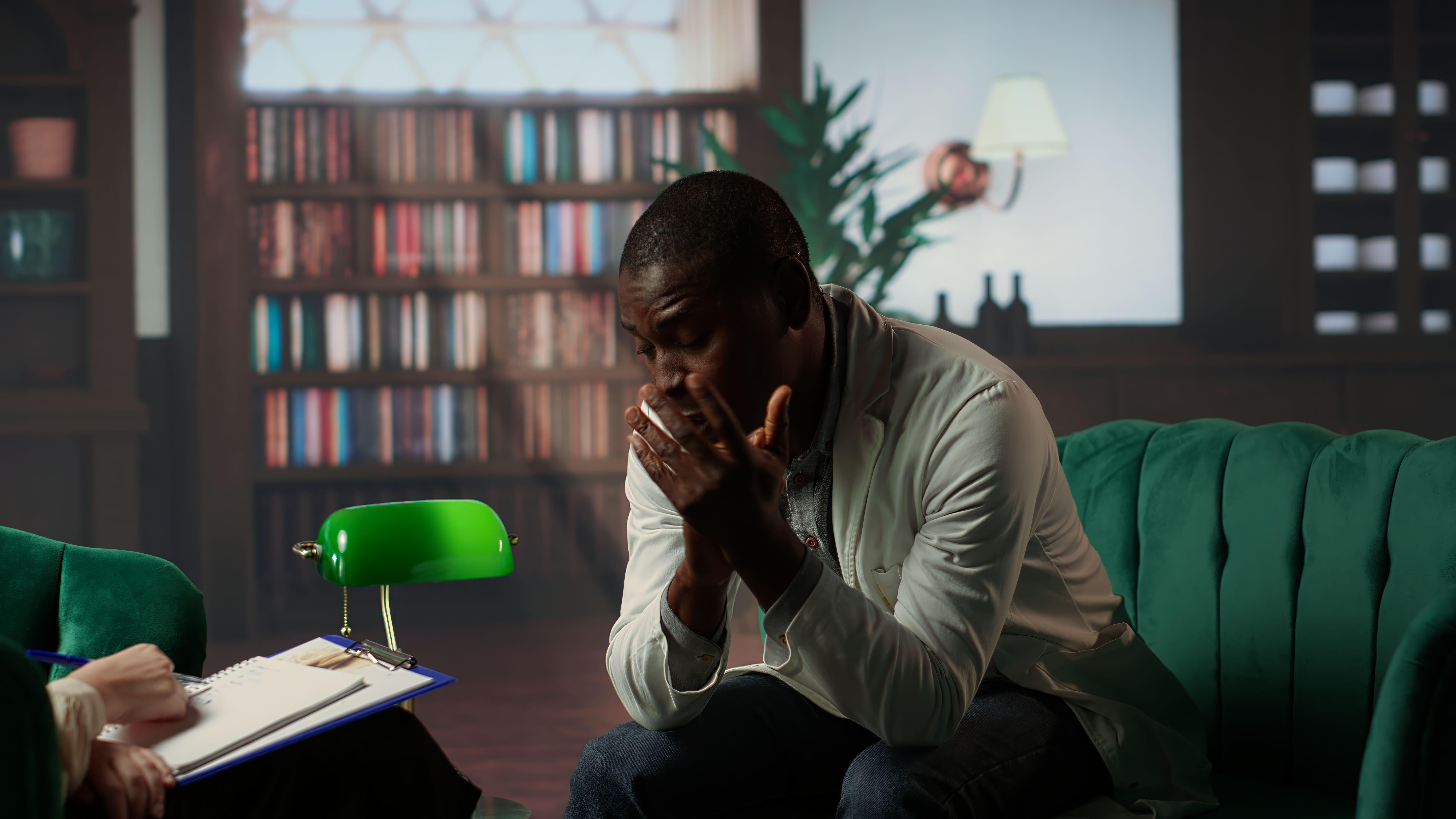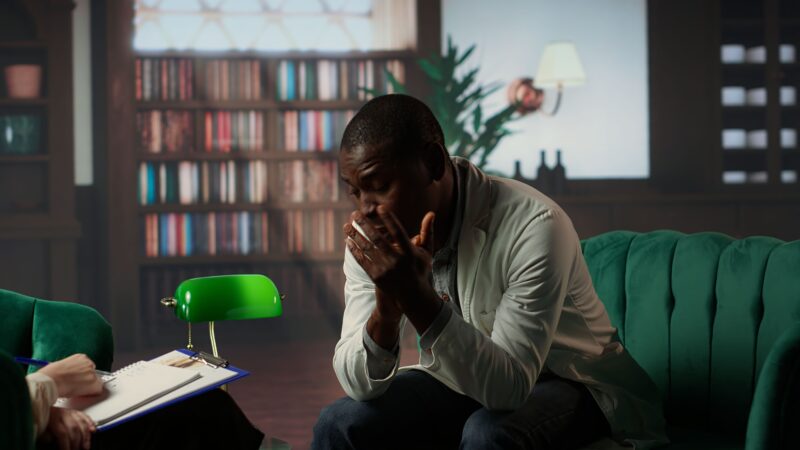
It’s often said that old habits die hard. But what if they don’t ever die?
Many of us are stuck in our ways, refusing to embrace new and healthier patterns of behaviour. And it’s not because we don’t care but we’ve just formed habits that have, over time, now come to define us.
I’ll use myself as an example.
I planned to alter my diet drastically from the beginning of September: eat strictly anti-inflammatory and hormone-balancing foods like broccoli, cauliflower, cucumber, and cabbage; replace vegetable oil with olive oil or coconut oil; drink more water daily; cut out egg yolks; avoid bread and all that good stuff.
I also prepared to maintain an active daily workout routine in the mornings. Halfway into the month and I’ve eaten bread twice. I still eat egg yolks. I’ve not touched the broccoli I bought again.
READ ALSO: 5 habits that can secretly make you poor without realising it
The exercise? I did it but stopped after the first day because my legs began to hurt.
I’ll tell you what: I had a solid plan. But old habits? They truly die hard.
While I haven’t given up, I know I’m not alone in this. Whatever your habits or addictions are, it can be really difficult to let them go suddenly.
“Habits are learned behaviours,” says Dr. Adeola Adeyemi, UK-based Psychiatrist. “Over time, your brain forms strong neuroconnections when you repeat them and they are reinforced either by the pleasure you feel when you do them or by familiarity so they can’t just be wished away.“
Breaking old habits and forming new ones is, no doubt, challenging. Adeyemi emphasises one thing clearly: our habits “don’t just disappear”.
RELATED: 5 toxic habits we confuse for ‘self-care’
The good news, though, is: there are steps you can take to rewire your brain for accepting new or modern approaches.
Dr. Adeyemi shares five steps to follow if you want to change old habits.
1. Become aware of them
Awareness will do you a lot of good. It is the first step to change.
“You can’t live in denial because awareness is always the starting point,” Adeyemi points out.
EXPLORE: Top 5 habits of successful people you probably didn’t know
You can’t break free if you don’t know what exactly your current patterns are.
2. Remove cues
The next thing you should do is take out the environmental cues that trigger the habit.
“Once behaviours become automatic, a single cue can send you right back to the old pattern,” Adeyemi warns. “So removing the cue from your environment can break the cycle.“
3. Be consistent with the new habits
I ditched my workout routine after the first day because my legs were sore: I shouldn’t have.
YOU MIGHT LIKE: 7 Money habits Nigerians learned the hard way
“Repetition rewires the brain,” Adeyemi highlights. “It helps to produce new neural connection in your brain in relation to the new habits.“
Keep going, even after a “slip”. “Remember, it takes at least 21 days to form new habits,” Adeyemi adds.
4. Practise self compassion
You are trying to break old habits, not hate yourself.
Give yourself grace.
READ ALSO: 7 habits that keep people poor and how to break away from them
“Be kind to yourself,” Adeyemi says. “Don’t give up when you take a step forward and a few steps backward. Remember lapses and slips are part of the process.“
5. Seek professional help
Sometimes, you don’t need to do it all by yourself.
“Working with a therapist can give you structure, encouragement and accountability,” Adeyemi affirms.
In the end, addictions and old habits don’t have to rule your life completely. It’s possible to break free with the right level of consistency, awareness, and compassion for yourself.
You are human. And you can also be free.
READ MORE: 7 Tiny habits to help you break out of your lazy girl era








